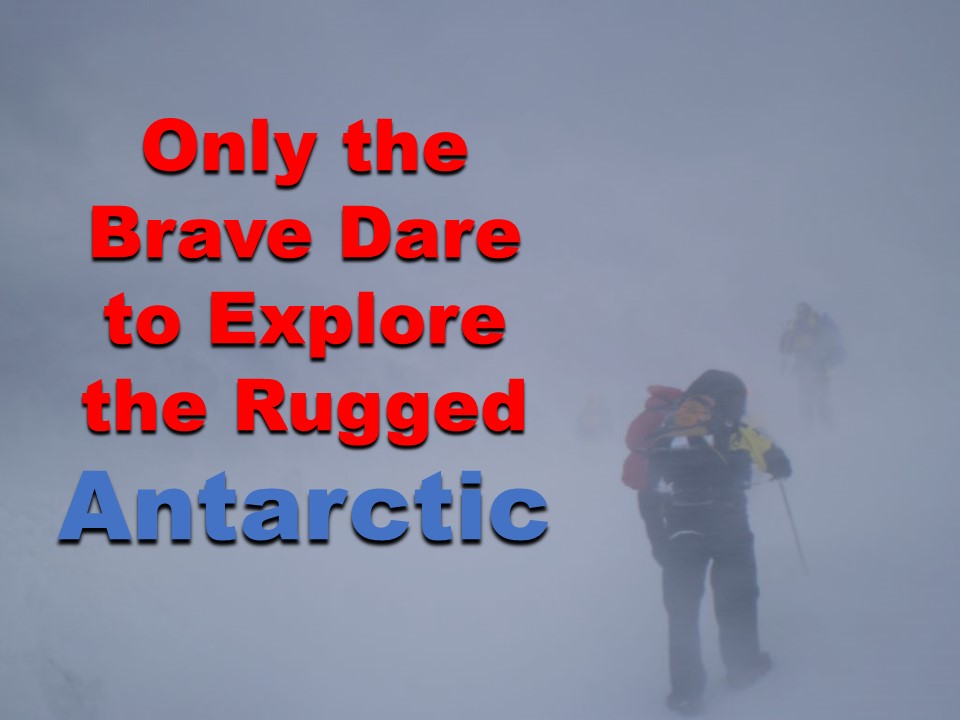Hello all, Robert Raskin here again, and today I am happy to report that I am in Las Vegas and not in the Antarctic. This is some of the least user-friendly terrain in the world, but still many brave men and women have explored the region, and around the turn-of-the-century many of these groups represented the first humans to ever set foot on the land in certain areas. Read the following harrowing tales or survival and ask yourself whether or not you’d risk everything to venture into uncharted territory.
Ernest Shackleton
In 1914 explorer Ernest Shackleton and a group of 28 men decided to brave the harsh climate of the South Pole so they could cross the 1,800-mile continent, but they never made it to land. Shackleton had visited the area previously, but this time his group suffered the misfortune of having their ship trapped in the ice, eventually causing the ship to break apart. For fourteen days the group floated in their lifeboats until they reached an island, pausing occasionally to eat some of their own dogs. Despite the fact that they ended up 1,000 miles from their starting point, none of the men perished.
You can learn more about the Ernest Shackleton story here.
Douglas Mawson
In 1914 Australian scientist Douglas Mawson, who was still in his twenties at the time, planned to lead an expedition in which he would lead a team across the Antarctic coast, which was primarily formed of high ice cliffs and had an average wind speed of 80 mph. The group was comprised of several young men and a team of dogs, and they encountered several disasters along the way. One man and six dogs fell hundreds of feet to their deaths when a crevasse was camouflaged by snow. Like Shackleton’s team, this one also relied on eating their own dogs to stave-off imminent death, but it was not enough and some members of the team experienced weeks of starvation, pain, exposure to the elements, and eventually, delirium. Another man died before Mawson and the survivors eventually were able to return.
The moral of these stories is that dogs are man’s best friend, and it’s best not to visit the Antarctic without them! But in all seriousness, it is really amazing what man can survive when he really puts his mind to it, isn’t it? This is Robert Raskin, hoping you’ll check back soon.

